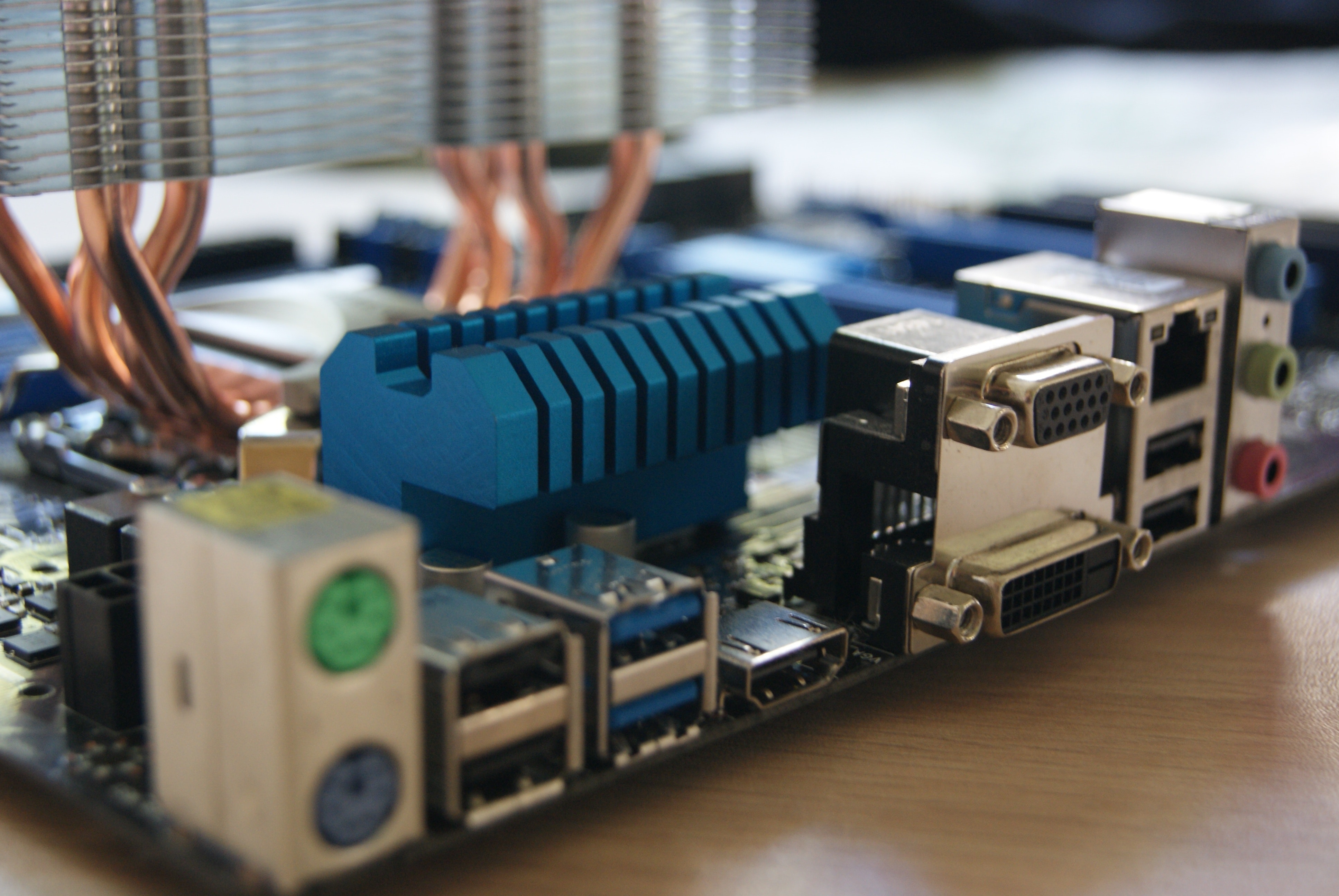
Introducing Beacon - Artificial Intelligence for Control Optimization

Editor's Note: Since this publication, Beacon's HVAC optimization technology has been integrated into Tagup's Manifest platform. All capabilities previously known as Beacon are now known as Manifest.
Here at Tagup, we aggregate equipment data from existing sources (industrial equipment owners and operators) and apply cutting-edge machine learning to detect anomalous conditions, forecast maintenance needs, evaluate asset health, and optimize operations.
This article will focus on Beacon — Tagup’s product that powers controls optimization for engineered systems. But first, let’s better understand what controls optimization is and why it’s so important.
What is control optimization?
In the context of engineering and technology, a controller is responsible for directing the behavior of a system or process, e.g., a commercial building’s HVAC system. Control policies are methods used to manage or regulate a system to achieve a desired outcome.
The two main types of control policies are open-loop and closed-loop. Open-loop control does not use feedback from the system being used, but rather relies on a predetermined set of inputs or demands. Closed-loop control, more common in complex systems, takes feedback from the system being controlled to adjust or modify inputs in real-time.
Control optimization is the process of finding the best possible control policy to maximize the functionality of a given system, such as by adjusting control parameters to increase the amount of cooling an HVAC system can deliver with the same amount of electricity. It is a powerful tool for improving the performance and efficiency of complex industrial systems, now made even more powerful by Beacon.
Beacon’s real-world value
For industrial equipment operators there are two hot-button issues that tie to measuring success: reducing costs and improving efficiency. A Beacon deployment guarantees both, while also promoting environmental sustainability.
Let’s take HVAC systems as an example. Beacon’s machine learning technology has proven capable of reducing operating costs up to 30% through electrical, water, and chemical savings. That can mean hundreds of thousands of dollars for a company to reinvest in other areas.
In addition to boosting the bottom line, Beacon helps machines run more efficiently, thereby extending their remaining useful life and reducing maintenance costs. Here are just a few other real-world applications where Beacon adds value:
- Electric submersible pumps for oil and gas operations
- Yaw control at wind farms
- Water filtration systems
You may have read our recent posts highlighting U.S. climate change laws, New York’s Local Law 97, or Washington’s Clean Building Act (HB1257). Legislation aimed at reducing greenhouse gas emissions is becoming increasingly prevalent, impacting equipment operators in all industries. This trend will only continue, making sustainability efforts another success metric by which operators are measured.
One of Tagup’s customers is a healthcare provider in New York with over 20 hospitals in their portfolio. At a single hospital campus, Beacon is projected to remove emissions by 527 carbon equivalent tons. That’s the same as taking 130 cars off the road for an entire year!
How it works (the technical stuff)
Beacon improves equipment control strategies using Bayesian inference to combine physical models with observational data. By defining control objectives (for example, minimizing water and electricity input for a given level of cooling performance), Beacon provides set point recommendations to best achieve these objectives. In effect, Beacon delivers optimized control logic without requiring explicit programming – improving over time with additional operating data.
Control policies from Beacon can be provided as “user in the middle” recommendations or as closed-loop control via DCS, BMS, or PLC interface.
To support control policy optimization, or as a standalone capability, Beacon provides robust time series forecasting. For many processes and equipment types, Beacon forecasts are extremely accurate. As one example, given approximately 1,000 hours of operating data, Beacon provided water and power consumption forecasts for any given half-hour period with an average error less than 1%.
We are just scratching the surface of Beacon’s capabilities and use cases, which will come to make an impact on engineered systems around the world.
Want an estimate of what Beacon can save you? Schedule a demo with one of our experts.

